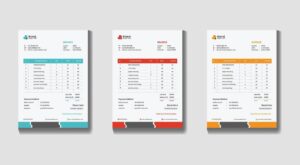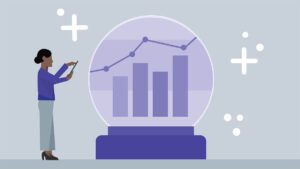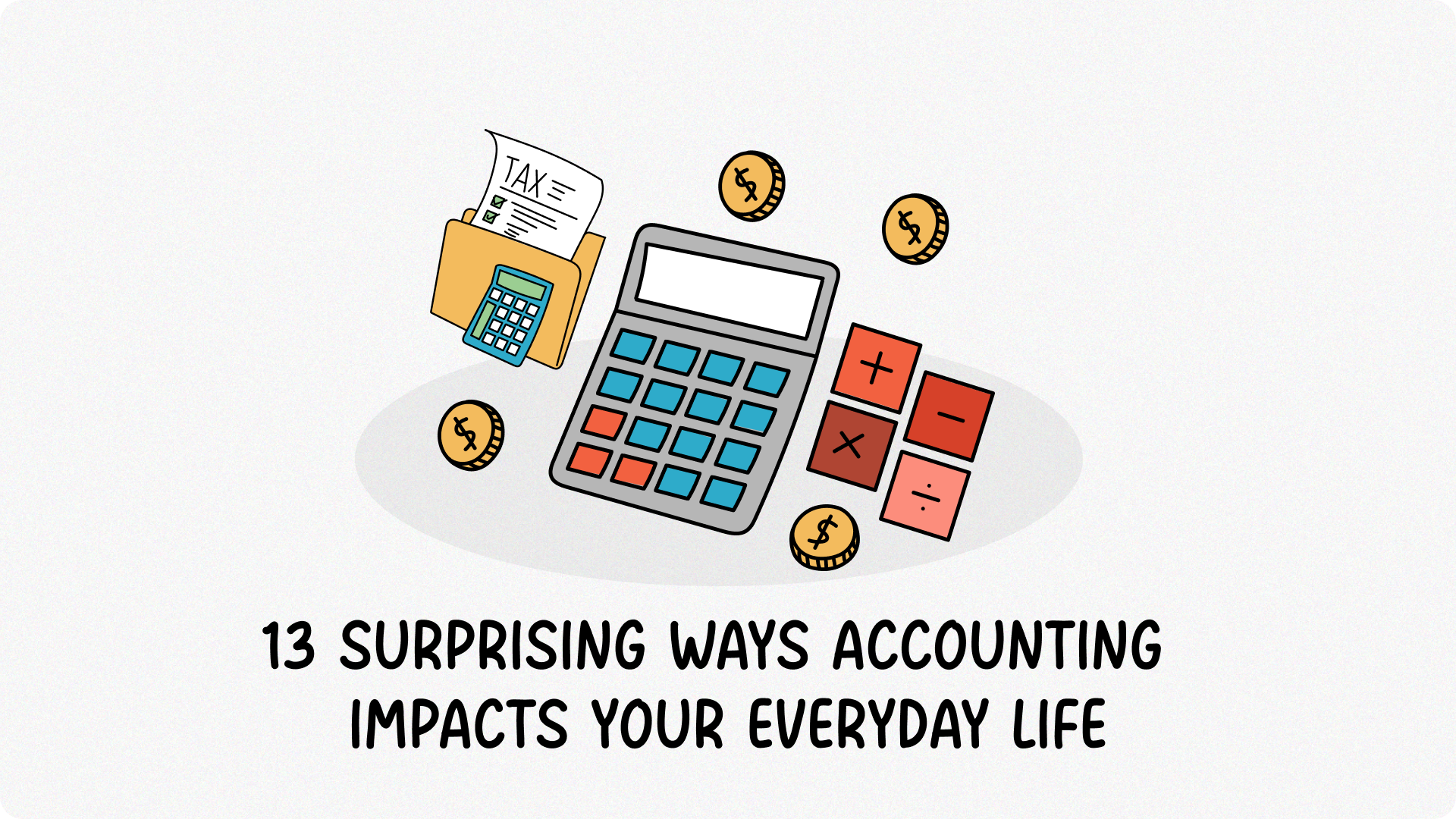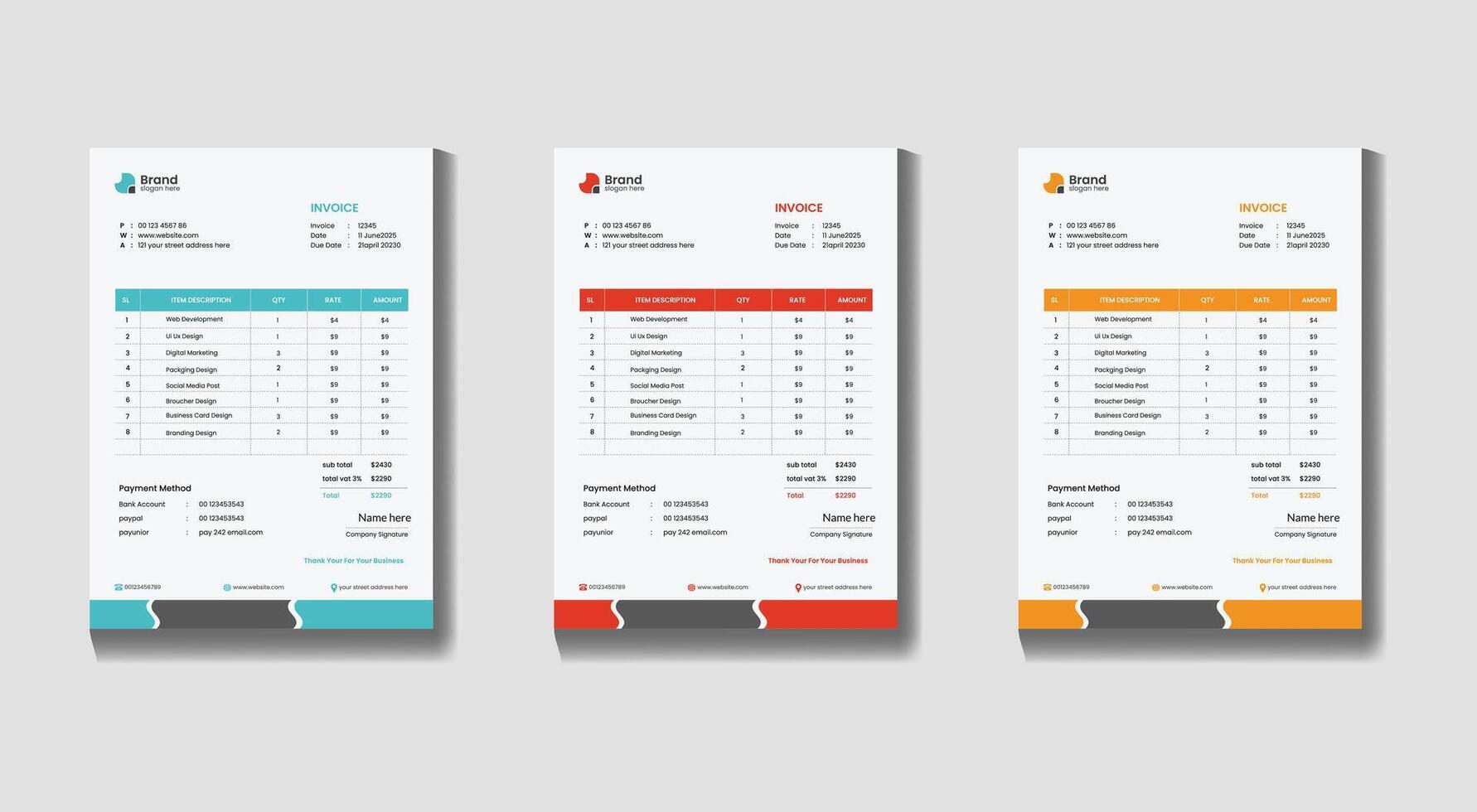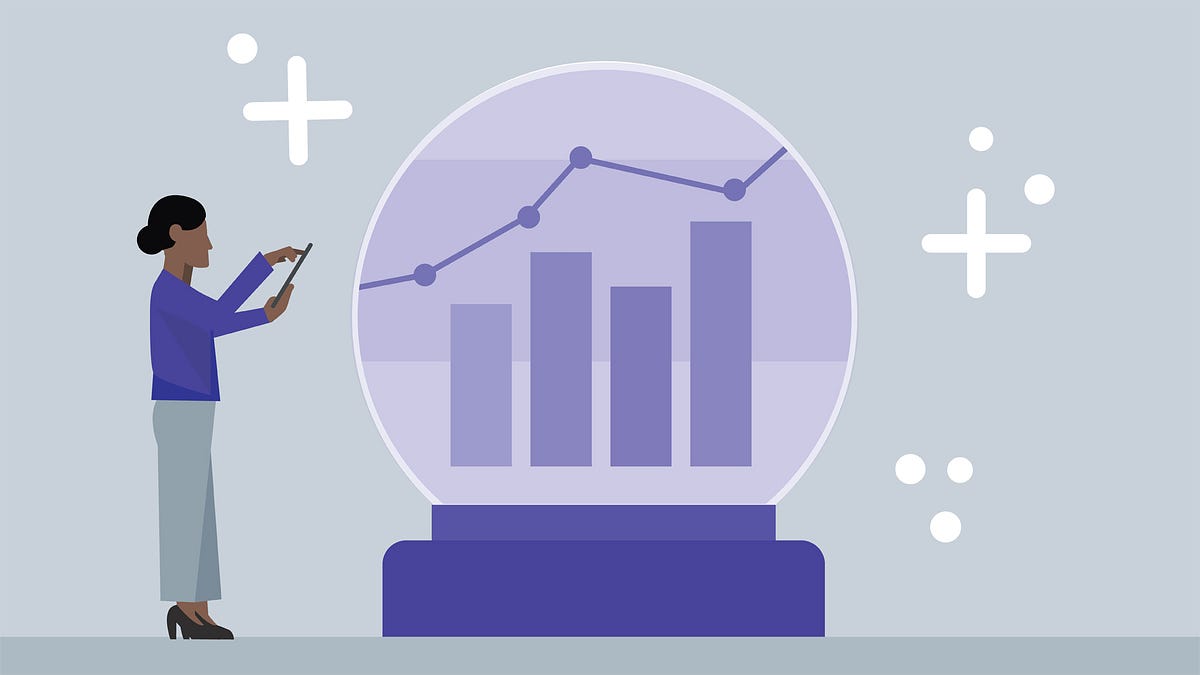When most people hear ‘accounting,’ they picture tax forms, expense receipts, or a spreadsheet they’ve been promising to organize for months. For freelancers and small business owners, it often feels like a back-office task that only matters during tax season or when something goes wrong.
But accounting influences far more of your everyday life than you might expect. It shapes the price of your morning coffee, the stability of your neighborhood stores, the subscriptions you rely on, and even how your city maintains public services. Accounting is not just about math or compliance. It is about the decisions behind how money moves, grows, and supports the world around you.
Once you notice how often accounting quietly plays a role in daily life, it becomes easier to appreciate its importance, especially when you are building a business of your own. Here are 13 surprisingly relatable ways accounting affects your day-to-day world.
1. The Price of Everyday Purchases
The price tag on your groceries, gym membership, or the laptop you are reading this on is not random. Behind every number is a careful calculation of materials, labor, rent, marketing, packaging, and logistics. Businesses rely on cost accounting to make sure prices cover expenses while leaving room for profit.
When global events like the 2024 Red Sea shipping crisis or rising import tariffs disrupt supply chains, those higher costs often show up on the shelf. The price you pay is the result of complex accounting decisions designed to keep a business running while staying competitive.
2. Why Some Local Businesses Thrive While Others Close
You have probably seen it happen. Two cafés open on the same street, both busy, both loved by locals. Yet within a year, one becomes a neighborhood favorite and the other quietly shuts its doors. The difference is often accounting.
Busy does not guarantee profit. A café might sell hundreds of lattes but fail to track which items generate real profit, allocate costs incorrectly, overstock inventory, or underprice high-demand products. Another café may analyze these numbers, adjust menu pricing, and manage inventory more tightly. The shop that survives is not just lucky. It actively monitors its finances and makes decisions based on real data.
3. Avoiding Phantom Profits in Your Own Business
This one is personal for many freelancers and small business owners. You can look profitable on paper yet still struggle to pay bills if you track only cash in and out. Accrual accounting gives a clearer picture by matching expenses to the revenue they generate.
Imagine sending $10,000 worth of invoices but still owing $7,000 to suppliers. Without accrual accounting, your profit might look healthy when it actually is not. Understanding this distinction helps prevent unpleasant surprises and keeps your business financially steady.
4. What Determines Your Next Pay Raise
Even your paycheck reflects accounting. Employers rely on performance metrics drawn from financial data to decide promotions, raises, and bonuses.
For example, a sales team’s success is measured not only by revenue but also by profit margins and customer retention costs. For freelancers, understanding project profitability helps determine fair rates. Without accurate financial tracking, recognizing real value and contribution would be guesswork.
5. Why Subscription Prices Keep Changing
Your favorite streaming service or software platform likely uses subscription accounting to decide when and how to adjust pricing. Companies monitor revenue per user, customer churn, and lifetime value to stay sustainable.
When costs increase or too many users downgrade, pricing plans shift. Those seemingly small price changes are often the result of months of financial forecasting and data analysis designed to keep the service profitable and growing.
6. How You Get Approved for Loans and Credit
When you apply for a mortgage, a car loan, or a small business line of credit, lenders evaluate your financial story through accounting records. For individuals, your credit score is built on a form of personal accounting that tracks payments and debt management.
For business owners, lenders look at income statements, balance sheets, and cash flow reports to assess whether your company can manage debt responsibly. Good accounting builds trust with banks and investors, turning financial discipline into financial opportunity.
7. How Your Commute Depends on Budgets
The public buses, subways, and trains you use every day run on numbers as much as wheels. Transit authorities rely on accounting to decide which routes to fund, how to set ticket prices, and when to maintain infrastructure.
In 2023, several cities revamped their transit systems based on budget analyses that showed where routes were underused. Accounting made it possible to redirect funds to areas that needed them most, improving efficiency and reliability for daily commuters.
8. How Your Retirement Fund Stays Secure
If you have a 401(k), IRA, or pension plan, you are already benefiting from investment accounting. Every dollar contributed, every dividend earned, and every management fee paid is tracked and verified.
Without this accountability, it would be impossible for fund managers to report performance accurately or for regulators to ensure transparency. Sound accounting keeps your future secure and ensures your hard-earned savings grow safely over time.
9. The Reason Grocery Shelves Stay Stocked
The next time you pick up milk or bread, thank accounting. Supermarkets rely on precise inventory management systems that track sales, orders, and expiration dates.
If a store over-orders, products spoil and profits vanish. If it under-orders, customers face empty shelves. During the 2024 shipping delays that affected global trade routes, stores with accurate inventory accounting adapted quickly to keep essential goods available. Behind the smooth shopping experience is careful financial coordination.
10. How Your Favorite Events Stay Affordable
Concerts, sports games, and local festivals all rely on precise accounting to balance costs and ticket revenue. Event organizers track venue rental, staff wages, equipment, marketing, and insurance to ensure the event remains financially viable. Even small mistakes in budgeting or cost allocation can force last-minute cancellations, unexpected price hikes, or losses for organizers.
Every time you buy a ticket at a reasonable price, you’re benefiting from accounting decisions made months in advance. By analyzing projected attendance, sponsorship deals, and operational costs, organizers can price tickets strategically, deliver great experiences, and still turn a profit. Without careful accounting, these events would either be too expensive or simply wouldn’t happen.
11. Why Your City Has or Lacks New Roads and Parks
Every paved road, repaired bridge, or new park in your city starts with government accounting. Local councils rely on accountants to track revenue from taxes and allocate budgets for essential services.
In 2023, some U.S. cities that received federal infrastructure funds were able to deliver projects on schedule because of strong financial planning. Others faced costly delays after underestimating labor or materials. The difference came down to accurate budgeting and responsible accounting.
12. The Real Cost Behind Every Tech Breakthrough
Every major innovation starts with a financial gamble. Before a new smartphone, AI tool, or electric vehicle hits the market, accountants are deeply involved in tracking research and development costs.
Companies use R&D accounting to decide which projects are financially viable and how to allocate resources wisely. For example, automakers investing in battery technology rely on accounting data to determine whether the return on investment justifies the expense. Without this oversight, even the most brilliant ideas could lead to financial collapse instead of success.
13. How Charities Earn and Keep Your Trust
When you donate to a charity, you expect your money to be used responsibly. Nonprofit accounting makes that possible. It tracks every donation, grant, and operating expense to ensure transparency.
Charities that publish clear financial reports attract more donors and keep their reputations strong. According to Charity Navigator, nonprofits with transparent accounting receive significantly higher donor retention rates. Accountability builds confidence, and accounting provides that foundation.
Gain Financial Clarity with Fynlo
Accounting is not just theory; it is the foundation of every smart business decision. For freelancers and small business owners, clean, automated financial tracking lets you understand your costs, cash flow, and profitability with confidence.
When you are ready to make smarter decisions and scale your business with clarity, explore how Fynlo can simplify bookkeeping, provide clear reporting, and give you the financial insights to focus on growth. Schedule a demo today and see your numbers in a new light.
You may also like these articles:
